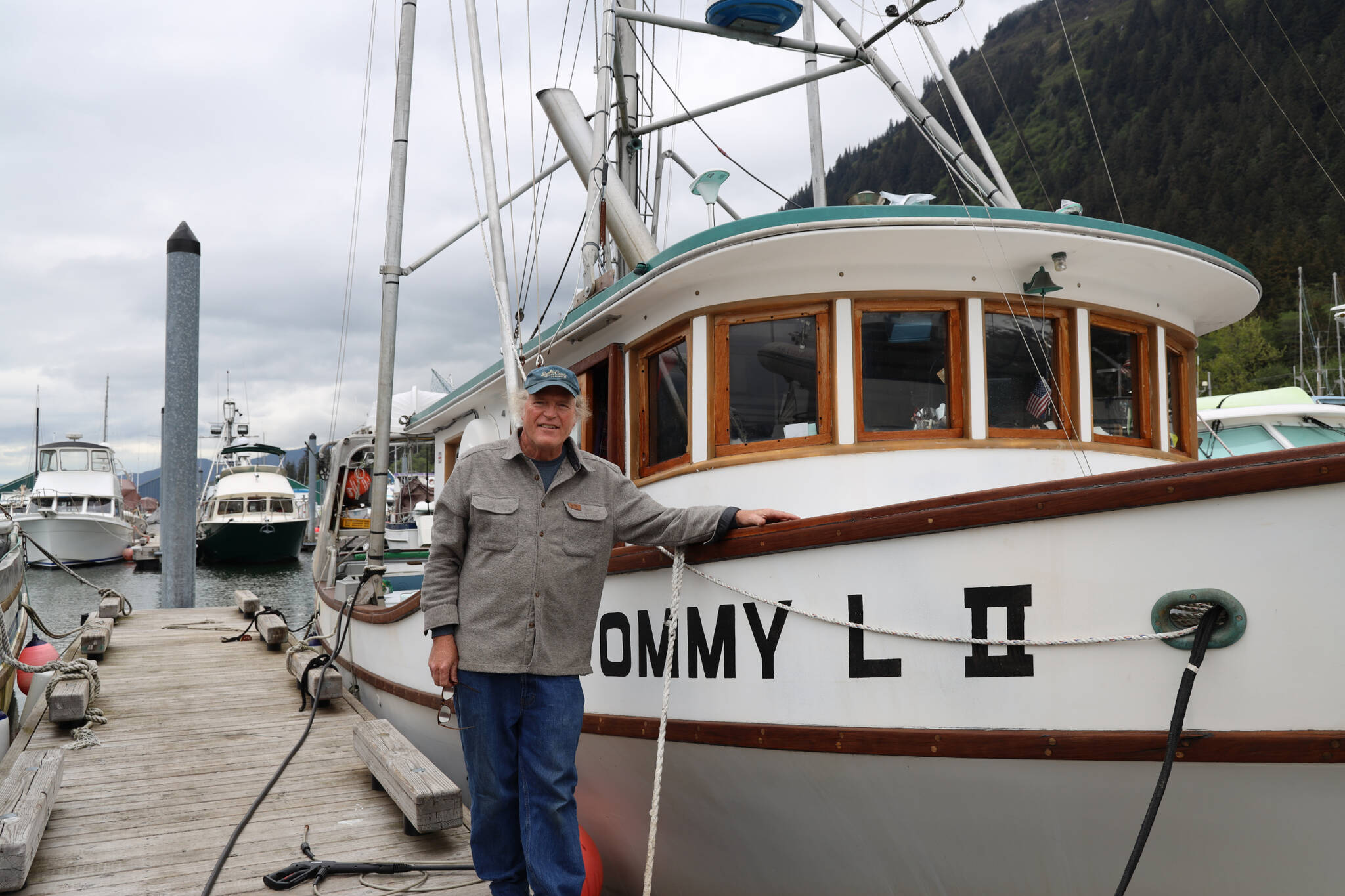The king salmon troll fishery in Southeast Alaska remains tangled in a net of legal proceedings that threatens the livelihood of this summer’s season. The season is scheduled to begin July 1.
The U.S. District Court of Western Washington ruled May 3 the Southeast king salmon summer and winter troll fisheries have been operating in violation of the Endangered Species Act and National Environmental Policy Act by causing irreversible harm to an endangered population of orcas, called southern resident killer whales. The whales travel through Washington’s Puget Sound area due to lack of prey, specifically wild king salmon that are caught by the fishery.
The ruling was in response to a lawsuit originally filed in 2019 by a Seattle-based environmental group, Wild Fish Conservancy, and the decision only affects the king salmon troll fishery in Southeast Alaska.
Since the decision by the court, Alaska residents and government officials from across the state have ardently expressed reservations and opposition to the lawsuit, with municipal governments including the City and Borough of Juneau along with the Alaska State Legislature signing resolutions opposing the suit.
U.S. Sens. Dan Sullivan and Lisa Murkowski, U.S. Rep. Mary Peltola, and Gov. Mike Dunleavy have also expressed support for the Southeast Alaska troll fishermen who could be impacted by the closure. The State of Alaska and Alaska Trollers Association have already filed an appeal to the court order in an attempt to undo the ruling.
In Juneau, it’s estimated nearly 600 fishing and seafood processing jobs are based in the capital city, including commercial salmon trollers, and represent approximately $27.4 million in wages annually. Across Southeast Alaska the trolling industry has a total annual economic impact of approximately $85 million.
Longtime Juneau resident Joe Emerson is one of the fishermen based in Juneau whose livelihood would be directly impacted by the closure. He co-owns the F/V Tommy L II berthed in Aurora Harbor.
Emerson has been fishing for decades in Juneau, raised by a fisherman and, in turn, raising his children and grandchildren to do the same. Over the years he’s dabbled in all sorts of fishing in Southeast Alaska, but said he found himself always coming back to trolling because of its attention to each fish and the quality it ensures.
“I bought my first boat when I was 22 years old and I have been doing it ever since,” he said. “Fishing, it’s been my full-time job my whole life, but salmon trolling — king salmon — that’s my main business. I meticulously take care of the fish since it was instilled upon me when I was young about fishing responsibly.”
Emerson said he is against the base of the lawsuit, and said if the closure happens he will be forced to reroute his career and livelihood. Beyond himself, he said he’s worried about the widespread effect the closure will have on Southeast Alaska as a whole.
“Those king salmon are an important part of a trollers income and without it it’s questionable whether it’s profitable to fish at all, and really the number of fishermen is just a small part of everyone that has some type of interaction with this product,” he said. “The strongest advocates for Chinook salmon are those people whose lives are intimately tied to these fish and their identity is also tied to these fish — if these people or occupations are eliminated, the ones who feed their kids and are dependent on these fish, there’s a much smaller community of people that are going to act as advocates for these fish and their habitat.”
• Contact reporter Clarise Larson at clarise.larson@juneauempire.com or (651)-528-1807.

